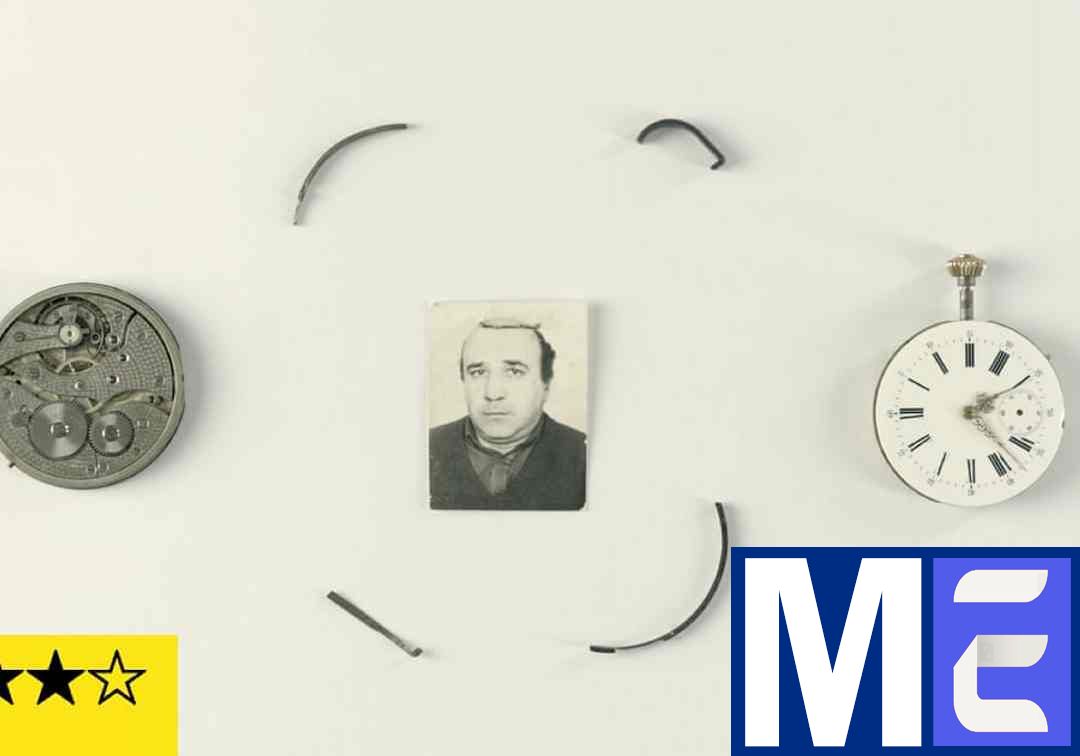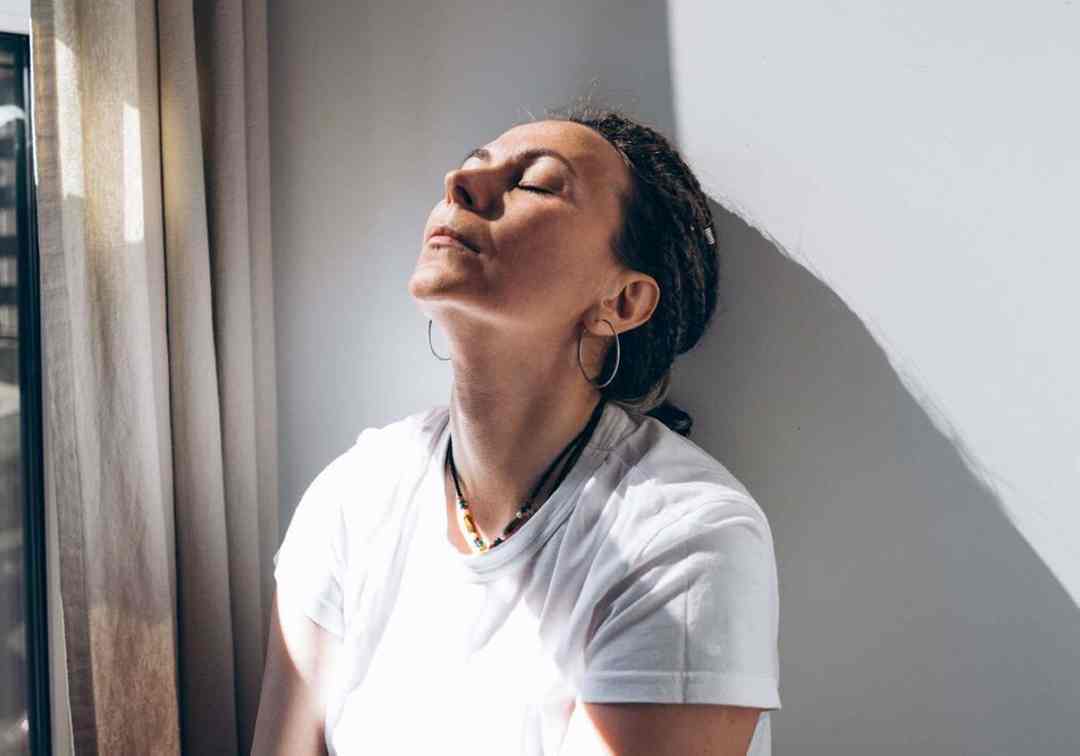What are the items that make up a life? This thorny query lies on the coronary heart of Juan Ignacio Fernández Hoppe’s riveting, emotional documentary, whose construction resembles a detective story. When Hoppe was solely eight years previous, his father Juan José Fernández died on a lonely seaside within the Uruguayan resort city of Salinas. Together with the official authorities, Hoppe’s psychologist mom accepted the reason for dying to be drowning, however the film-maker himself has his doubts.
Whereas this dying may need been the jumping-off level, Hoppe’s inquiry fascinatingly expands, because it takes within the years that led as much as that one fateful evening. In opposition to a white background, objects as soon as owned by Hoppe’s father resurface within the movie’s opening scenes, their presentation echoing the scene of an archaeological excavation. A rusty key; a chunk of crumpled paper; a tape recorder. Every memento affords a fragile clue to Fernández’s ultimate hours: a person with musical abilities and ambitions, Hoppe’s father was additionally suffering from melancholy, which in the end led to the breakdown of his marriage and a dependence on prescribed drugs.
The traces left behind by Fernández, nevertheless, are greater than merely bodily. Former college students of his music remedy course converse of a devoted trainer, whose inspiring dedication was a stark distinction to the despondent determine remembered by his closest household. There’s a way that the contours of an individual’s character can outsize all of their artefacts. Generally the puzzle items don’t fairly match.
At one level, a Salinas resident interviewed by Hoppe bluntly factors out the fruitlessness of his quest. Such ambivalence, nevertheless, is what makes this movie a very transferring and enriching work. Trudging by way of the muddy currents of the previous, Portrait of My Father embraces not a lot the potential of closure, however the actuality of not figuring out.



